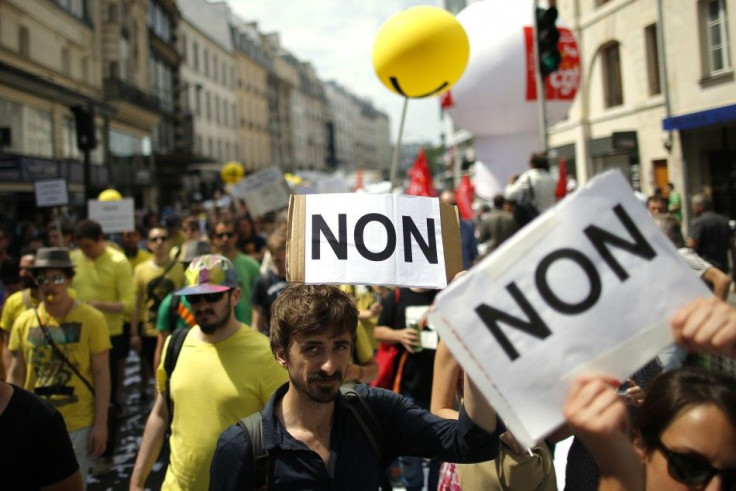Australian Stock Market Report – Morning July 4, 2014

MORNING REPORT
(7am AEST)
In US economic data, non-farm payrolls lifted by 288,000 in June. The unemployment rate fell from 6.3% to 6.1% - the lowest level since September 2008. Data for April and May was revised to show a total of 29,000 more jobs than previously reported. The service sector drove the job gains while manufacturing and construction jobs also recorded a healthy lift. Over the first half of 2014 jobs growth has now averaged 231,000 jobs per month, the best start to a calendar year since 2006.
The European Central Bank kept rates on hold at record lows. ECB President Draghi said a raft of measures introduced last month would help lift inflation and support bank lending. In addition he added that the ECB´s Governing council was ´´unanimous in its commitment to also use unconventional instruments within its mandate´´ to further address risks.
European shares rose on Thursday, heading back to near 6½-year highs. Better US labour market data and a commitment by the ECB to look at supporting growth boosted sentiment. The FTSEurofirst 300 index rose by 1%, the German Dax gained 1.2% while the UK FTSE rose 0.7%. Australia´s major miners finished higher in London trade with shares in BHP Billiton up by 1.3% while Rio Tinto rose by 1.8%.
US sharemarkets rallied to fresh record highs in a holiday shortened trading session on Thursday. The catalyst was the strong jobs report. The S&P utilities continued to struggle and was the only sector to close weaker, falling 1.1%. The Dow Jones rose by 92 points or 0.5% with the S&P 500 index up just 0.6% and the Nasdaq closed up 28 points or 0.6%.
US treasury prices fell on Thursday (yields higher), after traders reacted to the robust jobs report. US 2 year yields rose 2 point to 0.51% while US 10 year yields rose by 1 point to 2.64%.
Major currencies fell against the US dollar on Thursday. The Euro fell from highs U$1.3660 to lows near US$1.3595, closing US trade near US$1.3605. The Aussie dollar fell from highs near US93.80c to lows near US93.30c and ended US trade near US93.45c. And the Japanese yen eased from 101.80 yen per US dollar to JPY102.25, ending US trade near JPY102.15.
World oil prices eased on Thursday as traders continued to react to encouraging signs about fresh supply from Libya and Iraq. Libyan export capacity looked to recover by around 500,000 barrels per day as rebels blockading eastern oil ports agreed to reopen the remaining two terminals. Brent crude fell by US24c or 0.2% to US$111 a barrel. While the US Nymex price closed lower by US42c or 0.4% to US$104.06 a barrel.
Base metal prices were mixed on the London Metal Exchange on Thursday. Nickel gained 1.3%, while lead lost 0.6%. The Comex gold futures quote fell for the first time in five sessions down by US$10.30 or 0.8% to US$1,320.60 per ounce. Iron ore rose by US$1.80 a tonne or 1.9% to US$96.50 a tonne.
Ahead: In Australia, no economic data is released. RBA Head of Financial Stability Department Luci Ellis speaks in Melbourne. In the US, markets are closed for the July 4 holiday weekend.
[Kick off your trading day with our newsletter]
More from IBT Markets:
Follow us on Facebook
Follow us on Twitter
Subscribe to get this delivered to your inbox daily





















